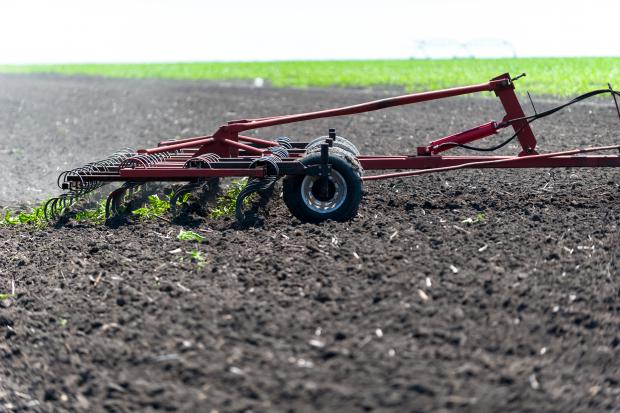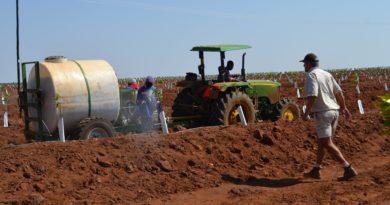Unprecedented Rains Delay Ploughing Season in Padamatenga
The recent unprecedented rains and other factors have delayed the sorghum planting season for Pandamatenga commercial farmers. In an interview, the chairperson of the Pandamatenga Commercial Farmers Association, Mr Ryan Neal said the delay was likely to lead to shortage of sorghum in the country as the season was delayed by two to three weeks.
Mr Neal said in January, Pandamatenga farms received 240-250mm of rain in four days, which resulted in the damage of infrastructure and flooded fields.
He said efforts by farmers to plant the usual required quantities of sorghum would be hampered as it was already late.
The other factor that he highlighted that would lead to less hectares of sorghum was that Botswana Agricultural Marketing Board (BAMB) released the sorghum pricing way after farmers had already made their cropping plans. He, however, noted that all had not been lost because the soil would have enough moisture to plant more export crops such as sunflower, mung beans, chick and cow peas.
The chairperson said Botswana was not a big market for cow peas and that the farmers choice was limited as the conditions in Pandamatenga were not suitable for sugar and soy beans.
Mr Neal said should the rains continue the farmers would not finish planting the fields as they needed about 10 days of clear weather to do so.
He explained that for beans there was still time as they could be planted until mid-February.
Mr Neal noted that the drainage infrastructure made a big difference in their planting plans.
“Looking at the amount of rainfall we received this year if there was no drainage system we could be waiting for a month or so to access our farms. This infrastructure development has brought a huge difference to this area,” he said. He noted that due to climate change that resulted in the storm, the infrastructure was challenged, explaining that no system could handle 240mm of water in three days.
Mr Neal said the storm resulted in damages such as soil erosion and flooding of the downward perimeters of the fields. “Some of the crops planted before the storm were damaged and the soil now needs nitrogen because of the wet conditions.
We, therefore, have to apply nitrogen as quick as possible,” he said. He, however, said the damage on the crops was still being evaluated.
The association’s leader explained that the farmers did not have any insurance for the crops despite subscribing to the Agriculture Credit Guaranteed Scheme, which he was not certain would cover them.
BOPA
Photo: BAMB



